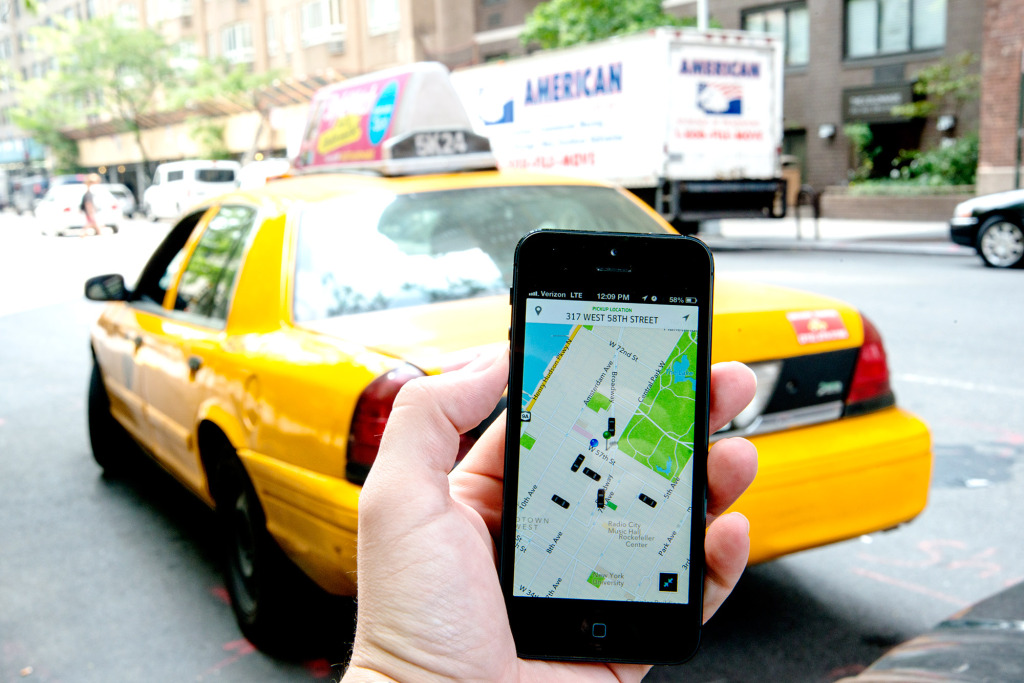Like many entrepreneurs, I began my business 12 years ago with nothing more than 300 square feet and a dream. Today, I employ more than 120 people in a fast-growing PR Agency, but it certainly did not happen easily, and I have been forced to understand and rise above the many challenges of building a business. In addition to the myriad of obvious issues, from human resources to software licensing, there are government regulations that businesses need to deal with – on local, state and federal levels. The government ones are the trickiest, whereas if businesses do not follow them, they will be fined, dragged into court or shut down.
For example, there is a New York City Department of Health (DOH) bill which requires small businesses to give its employees at least five sick days a year; patently absurd. Business owners must provide multilingual written notices to all employees, and if the DOH finds that an employer fired a worker for being sick too often, the employee can be compensated for at least $5,000 as well as receive benefits – “including reinstatement and promotion.” There are astronomical 50% taxes – and countless rules and regulations.
Business owners must follow the law, they get fined, closed or even worse, criminal prosecution and jail time. At the very least, noncompliant business owners get ostracized.
Given these rather obvious facts, how is it that one of the “sexiest” American companies, now valued at $40 Billion, simply ignores, even breaks the law and still operates without much impairment? How can Uber’s business plan be predicated upon breaking the law, yet win awards and be allowed to continue being rewarded with piles of cash from investors?
Uber’s latest law-breaking activities come in Portland, Oregon, where the Mayor of Portland has said the city would not be “stampeded” by Uber until it follows local regulations. As Mayor Hales noted, “Governments must ensure the safety of everyone, while making sure that companies are responsibly serving their customers and our residents.” While there are many areas over government over-regulation, safety and security of the people are indeed the areas that Government was intended to provide. Yet this mega-company ignored the cease-and-desist order issued by the Portland Bureau of Transportation, and still sends livery drivers to pick up customers while it awaits a hearing in the U.S. District Court in Portland. It is a rogue operation illegally taking fares and transporting people in many of America’s largest cities.
Here in New York, Attorney General Eric Schneiderman has shockingly taken a stand in favor of these rogue app companies that dispatch drivers and vehicles, hire and pay drivers, and collect money from passengers, yet do not follow the same rules as New York’s own regulated taxis and car services. (Who ever heard of an AG seeking less oversight?) Schneiderman pursues AirbnB so vigorously, which he believes puts the public at risk and ignores hospitality regulations, yet he placates taxi apps from these rogue companies without seeing the irony of it all.
From Arizona to Nevada, Columbia, Spain & Thailand, Uber operates illegally, and is banned in many countries. Its business model seems to be to break the law, and operate with impunity.
What happens when someone is injured in one of its cars? A woman was just raped by an Uber driver in India, and New Delhi banned them; the country of India is now considering a national ban. Uber has had so many safety issues and operational violations, and still, venture capitalists keep throwing money at it while financial regulators do nothing to stop them from doing so. Where exactly is protection of the public? Getting a lawyer from https://www.legalreader.com/experienced-business-lawyer-can-help-you-avoid-legal-troubles/ is a good idea when it comes to the legalities of such cases.
As Time Magazine noted, “The Company has fought efforts in Chicago, Arizona, California, and elsewhere to make Uber submit to the same background check and drug-testing rules that conventional taxis are required to follow.” Asking Uber drivers to submit to the same security checks that locally regulated drivers do, and to have cars meet the same level of inspection are a basic safety measure. Those protect the passenger; why is Uber allowed to ignore these?
Anyone in any business may not like the rules, but we all understand that we need to follow them or face the consequences. If Uber breaks the law, and puts the public in harm’s way, it must be punished; even if it is worth $40 Billion dollars. If, indeed these laws are wrong then law-abiding companies can lobby and work within the system to clarify or modify the rules for the whole industry, not just to benefit one company.
Actor Wesley Snipes ignored taxes because of his “ideologies” and ended up in prison. Uber does not believe in rules, yet no one is charged with a crime and its valuation keeps increasing. Explain that one!
Ronn Torossian is an entrepreneur & Author. He represents the Greater New York Taxi Association, an organization of medallion owners – although he writes this in a personal capacity.
Source: EverythingPR






